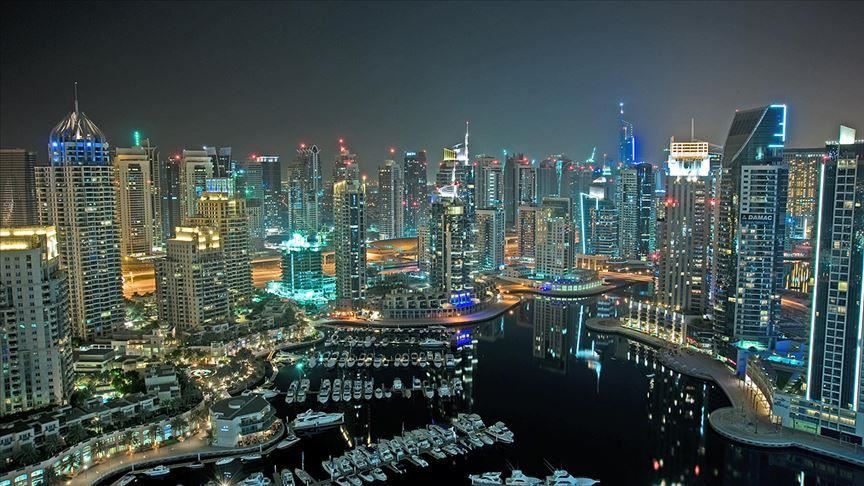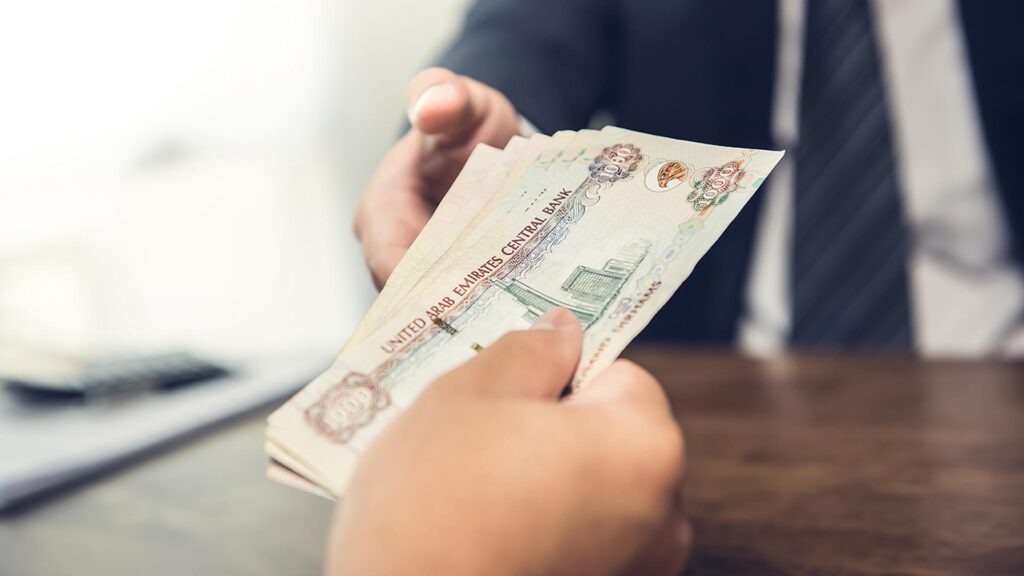Generally, there are many examples of money laundering cases in Dubai, however, The UAE has increased its efforts to prevent the financing of terrorism and money laundering over the years.
The government has established financial crime courts, an organization that assures improved coordination between the central bank and other agencies, and a number of penalties for offenses involving anti-money laundering.
Read More About: UAE fines for driving after an accident and escaping
examples of money laundering cases in Dubai | money laundering attorney in uae

Dubai money laundering is a serious problem. The most frequent companies implicated in money laundering are those that deal with big amounts of cash, including casinos, nightclubs, charitable trusts, and restaurants. Others deal with merchandise that is challenging to value, such as jewelry or works of art.
Here are the most common examples of money laundering cases in Dubai:
1- Structuring
Structuring is the money laundering technique of dividing large amounts of cash into smaller portions and depositing them into several accounts, making it practically hard to discover the illegal money.
2- Smuggling
Bringing cash into a country illegally, usually abroad, and depositing it in an offshore bank with relatively lax money-laundering regulations.
3- Layering
Another common and efficient strategy used by financial criminals to launder their illegal money is layering. By passing the money through several transactions and taking different forms, the goal is to separate it from its illicit sources.
4- casino laundering
Casinos have a well-deserved reputation for being used to hide illicit money. People can conceal their dirty money when they bet while entering these businesses with significant sums of cash. Simply said, they use their illicit profits to buy casino chips, play a little, and then cash them in. As a consequence, they enter with unclean money and leave with clean cash presented as wins.
5- Cash-intensive businesses
A business that frequently receives cash deposits cash that was obtained legally and illegally and considers it all as legal profits in its accounts. Since the organization has no variable expenses, it is challenging to identify sales-price differences. Examples include strip clubs, tanning beds, parking lots, and structures.
6- Real Estate Money Laundering
One of the most popular examples of money laundering cases is real estate laundering because it utilizes legitimate financial firms like banks and mortgage lenders as well as huge amounts of cash. Criminals often use funds obtained from illegal activity to purchase real estate, which they then rapidly sell and transfer the money into a legitimate bank account. They can establish a shell company or hire a third party to buy the property. Once they have sold the property, it is more challenging to determine where the money for the purchase came from.
7- Bank capture
When criminals or money launderers buy a majority stake in a financial institution, typically in a country with lax anti-money laundering regulations, they can then transfer funds via the bank unchecked.
Access Extended Content About: A few sections of the Commercial Transaction Law are amended by Federal Decree Law No. 14 of 2020
Most Frequently Asked Questions About Dubai money laundering

1- what is money laundering in Dubai?
In the UAE, the term “money laundering” is frequently used to describe how criminals conceal the source of their money. Making such profits appear to come from a legitimate source allows the possession of the proceeds of criminal activity to go unnoticed. There are many different ways that money obtained via illicit activity could be laundered.
2- How does Money Laundering run?
There are normally three stages to money laundering:
- The initial transfer of funds obtained by illicit conduct into a reputable financial network or institution is known as the first entrance or placement.
- Layering is the continuous transfer of funds through various transactions, forms, investments, or companies, making it nearly difficult to trace the funds back to their illicit origin.
- Final integration occurs when the money may be spent freely and legally without having to be further concealed.
3- What is the Penalty in Dubai for Money Laundering?
According to Article 22 of the Money Laundering Legislation, anybody who conducts money laundering in the UAE would face imprisonment for at least one year and up to ten years. The offender may also be penalized with fines that vary from 100,000 to 5,000,000 AED, or with both a punishment and jail.
Final thoughts
Khairallah Advocates & Legal Consultants has a skilled and knowledgeable team of lawyers in Dubai and assistants that specialize in these kinds of cases and offer thorough legal representation for money laundering in the UAE. The various potential components of a money laundering allegation are well-known to our team. From embezzlement of funds and credit card payment inconsistencies to laundering of dirty money and loan fraud, we have assisted clients facing the great burden of a criminal conviction.
Learn More About: extending the mother’s parental rights over her kids until the son reaches puberty and the daughter marries




Post writig is also a fun, if you be familiar with then you
can write if not it iis difficult to write.